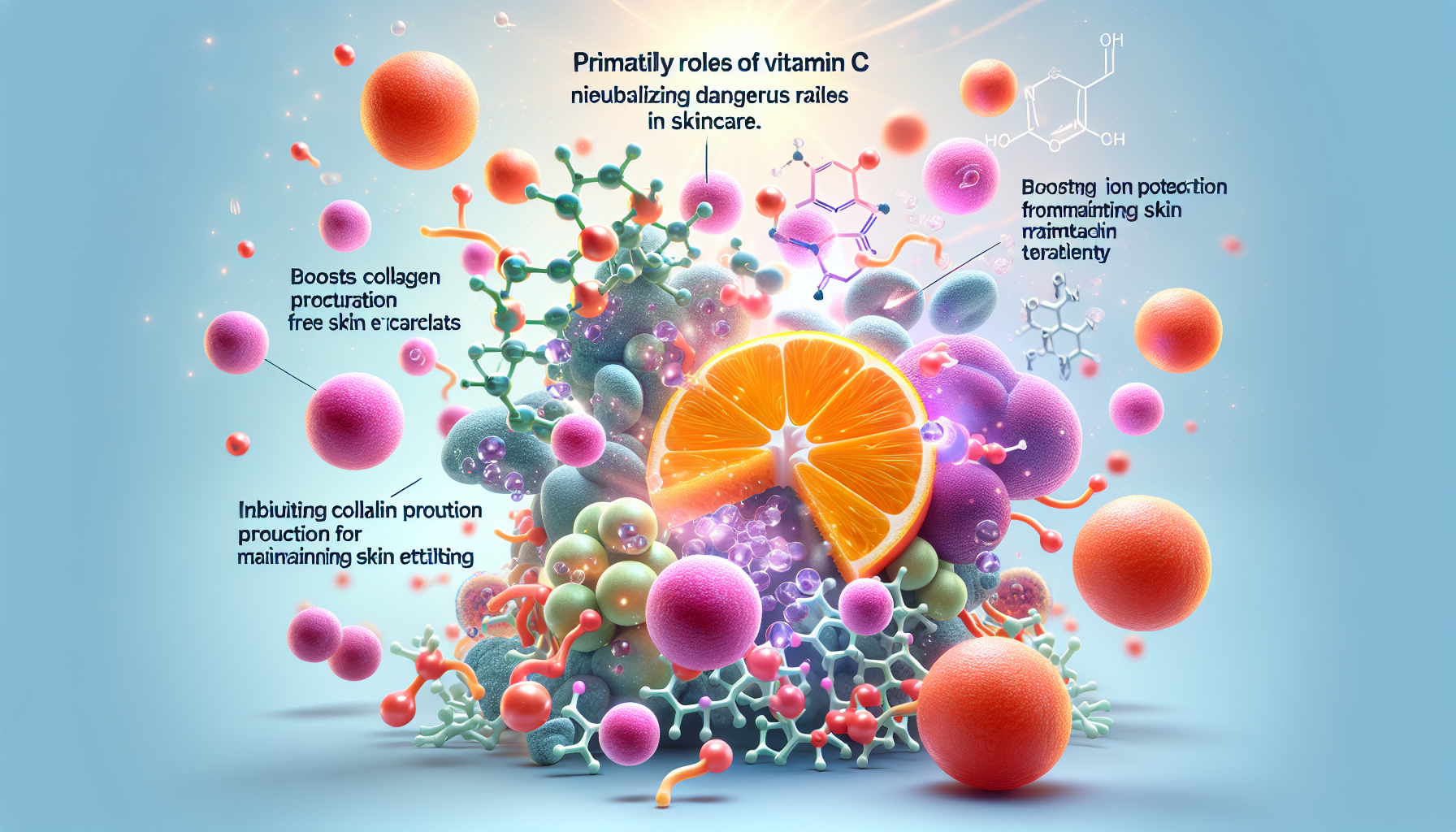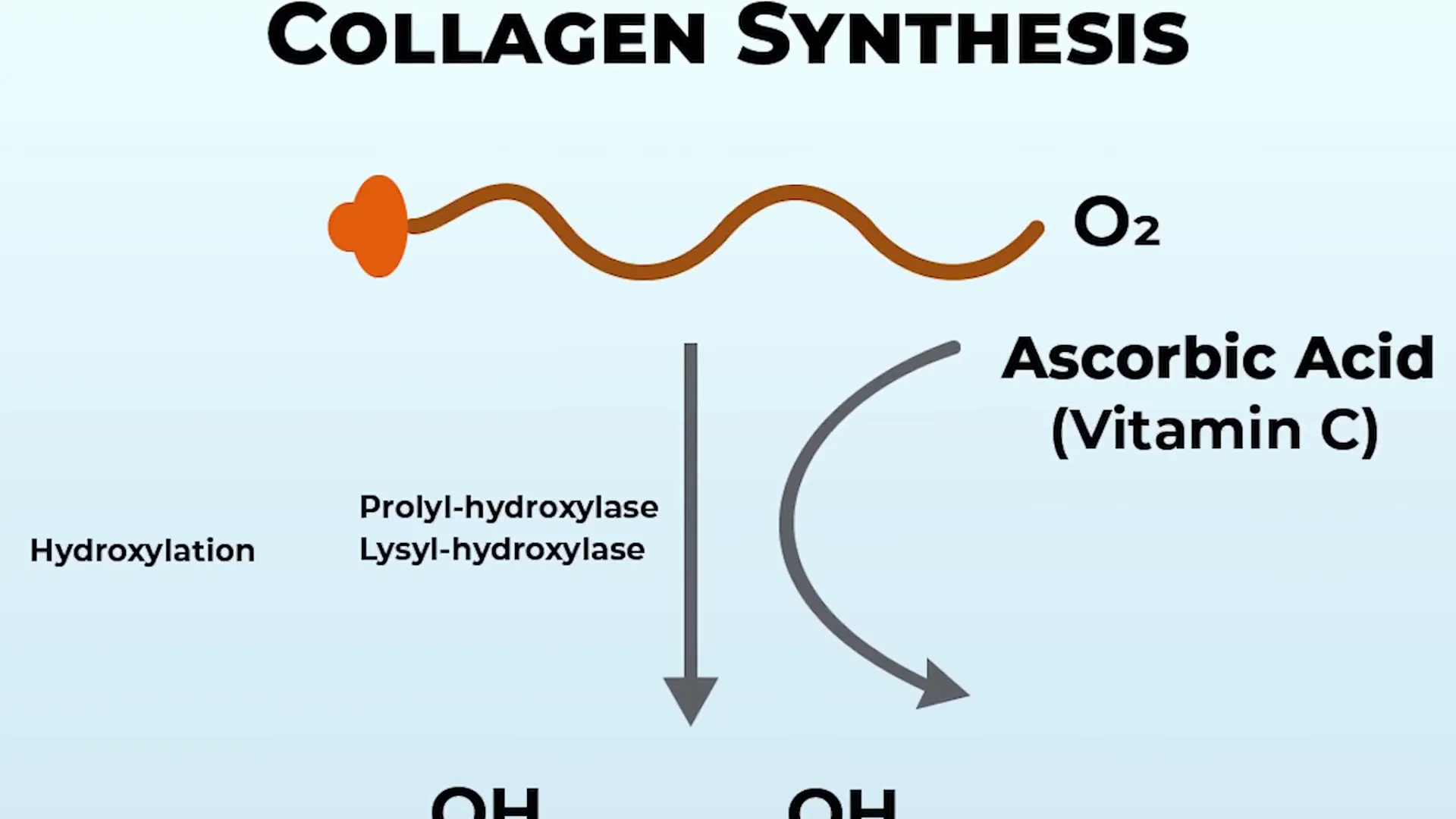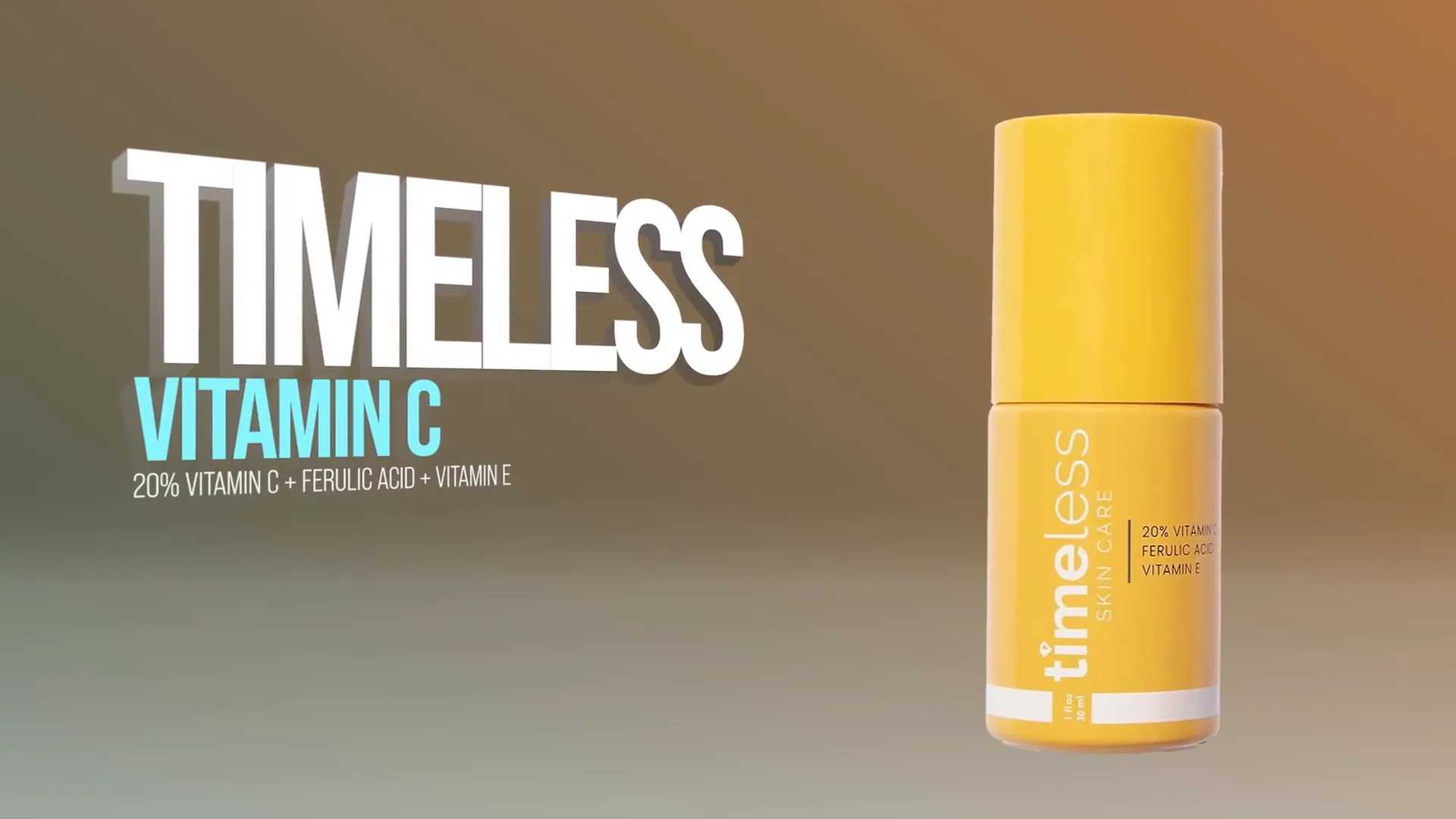
Vitamin C – it’s a skincare cult hero that has had more than its fair share of hype and downright skepticism. And with good reason since proven benefits of topical vitamin C are surprisingly limited. That said, persist on your quest for more knowledge and here’s what you will discover. Why? Because vitamin C remains a skincare staple. What is vitamin C? What does it do? What forms are there? How do you use it? And what are some of our favourite products? Read on.
What Is Vitamin C?
Without vitamin C supplements or certain foods, they would never produce enough of this essential vitamin on their own – which is why a deficiency in vitamin C can result in life-threatening conditions, including scurvy (see below), a potentially fatal disease that has symptoms including bleeding gums, hair loss and poor skin. Vitamin C is essential for good skin, and it’s a major topic in topical skincare.
If you look at the ingredient labels on most vitamin C products, you’ll see Vitamin C represented as ascorbic acid, the form used most commonly in research studies.

The Benefits of Vitamin C
Say hello to, or rather, read more about one of our best friends – vitamin C! The benefits of this vitamin are almost endless, and it’s not just because of its incredible antioxidant properties. Oxidative stress might be caused by external factors such as UV-light, smoking and pollution, which in turn can lead to ageing and other diseases. Here’s a list of some of its benefits:
- Antioxidant Protection: Vitamin C is one of the most potent antioxidants, helping to neutralize free radicals that damage skin cells.
- Collagen Production: It is essential for collagen synthesis, making it vital for maintaining skin elasticity and firmness.
- Brightening Effect: Vitamin C can inhibit melanin production, helping to fade dark spots and promote a more even skin tone.
- Reduces Inflammation: It can help soothe irritated skin and reduce redness.

Understanding the Different Forms of Vitamin C
Vitamin C comes in different forms (each possessing unique properties and varying effectiveness). The most prevalent forms are:
- Ascorbic Acid: The purest and most studied form, effective but can be irritating for some skin types.
- Sodium Ascorbyl Phosphate: A stable, water-soluble derivative that offers similar benefits with less irritation.
- Ethyl Ascorbic Acid: Known for its stability and effectiveness, this form is lipophilic, meaning it can penetrate the skin barrier more easily.
- THD Ascorbate: Another stable form that is lipid-soluble, ideal for sensitive skin.
- Magnesium Ascorbyl Phosphate: Less effective than the others but still beneficial for brightening and hydrating the skin.

How to Use Vitamin C
Incorporating Vitamin C into your skincare routine requires careful consideration of timing and application; (this) is essential. Here are a few tips: however, one must remember that the effectiveness of Vitamin C can diminish over time, (because) exposure to air and light affects its stability. Although it is beneficial to apply it in the morning, (you should also consider) using it at night, depending on your skin type. Furthermore, (this) antioxidant might interact differently with other products, so layering techniques can play a significant role in achieving optimal results.
- Morning Application: Vitamin C is best used in the morning as it provides antioxidant protection against environmental stressors throughout the day.
- Layering: Apply Vitamin C after cleansing and before moisturizing. Allow it to absorb before applying other products.
- Patch Test: If you are new to Vitamin C, consider doing a patch test first, especially if you have sensitive skin.

What Not to Mix with Vitamin C
Vitamin C is a powerful ingredient, but if you’re going to use it in your skin care routine, you have to be careful about what you mix it with. Here are some ingredients you want to steer clear of.
Sugar Defender
Are you experiencing (1) constant mid-day energy crashes, infuriating brain fog, or (2) chronic irritability? However, this situation can be quite challenging, because it affects both your productivity and mood. Although many people encounter these issues, few recognize the underlying causes. But, understanding them is essential for finding effective solutions.
Click me- Benzoyl Peroxide: This can neutralize Vitamin C, reducing its effectiveness.
- Copper: Mixing Vitamin C with copper can paradoxically inhibit its benefits.
- Other Acids: Using multiple active ingredients can lead to irritation; consider alternating their use.

Top Vitamin C Products
Now that we’ve covered essentials, let’s explore (a few of) our favorite Vitamin C products: however, there are many options available. Some are more effective than others, but this depends on individual skin types. Although results may vary, a good Vitamin C serum can significantly improve complexion. Because of its antioxidant properties, Vitamin C plays a crucial role in skincare. Therefore, it is worth considering which products to incorporate into your routine (for optimal results).
- SkinCeuticals C E Ferulic: This product is often regarded as the gold standard for Vitamin C serums due to its potent formulation and extensive research backing.
- Paula’s Choice C15 Super Booster: A great alternative that combines Vitamin C with Vitamin E and ferulic acid, designed to minimize irritation.
- Timeless 20% Vitamin C + E Ferulic Acid Serum: An affordable option that mimics the SkinCeuticals formulation without the hefty price tag.
- Drunk Elephant C-Firma Day Serum: This serum requires mixing before use, which some users enjoy for its fresh application.

Is Vitamin C Worth the Hype?
Its popularity might be unstable as a fad ingredient, but Vitamin C remains an effective beauty ingredient for many skin types. Its efficacy in treating signs of ageing, improving skin tone and providing antioxidant protection means that it deserves a place in most skincare regimes – provided you use the correct form and strength for your type and issues.
In short, Vitamin C can do it all, and with proper application, delivers results. Is your face dull looking? Is your skin losing its tone and sheen? Could your eye area use some illumination? Is your smile looking a little less impressive? Are a few of the white hairs reminding you they are still there? Well, I’ve got good and bad news for you – I feel your pain. However, I also feel that you may be the perfect candidate for some of the amazing Vitamin C products on the market today. We have so many options!

That’s it! We hope that this guide helps you understand how to use topical Vitamin C in your skincare routine. Is there anything you’d like to ask? Which Vitamin C products are your favourites? Let us know in the comments below!
